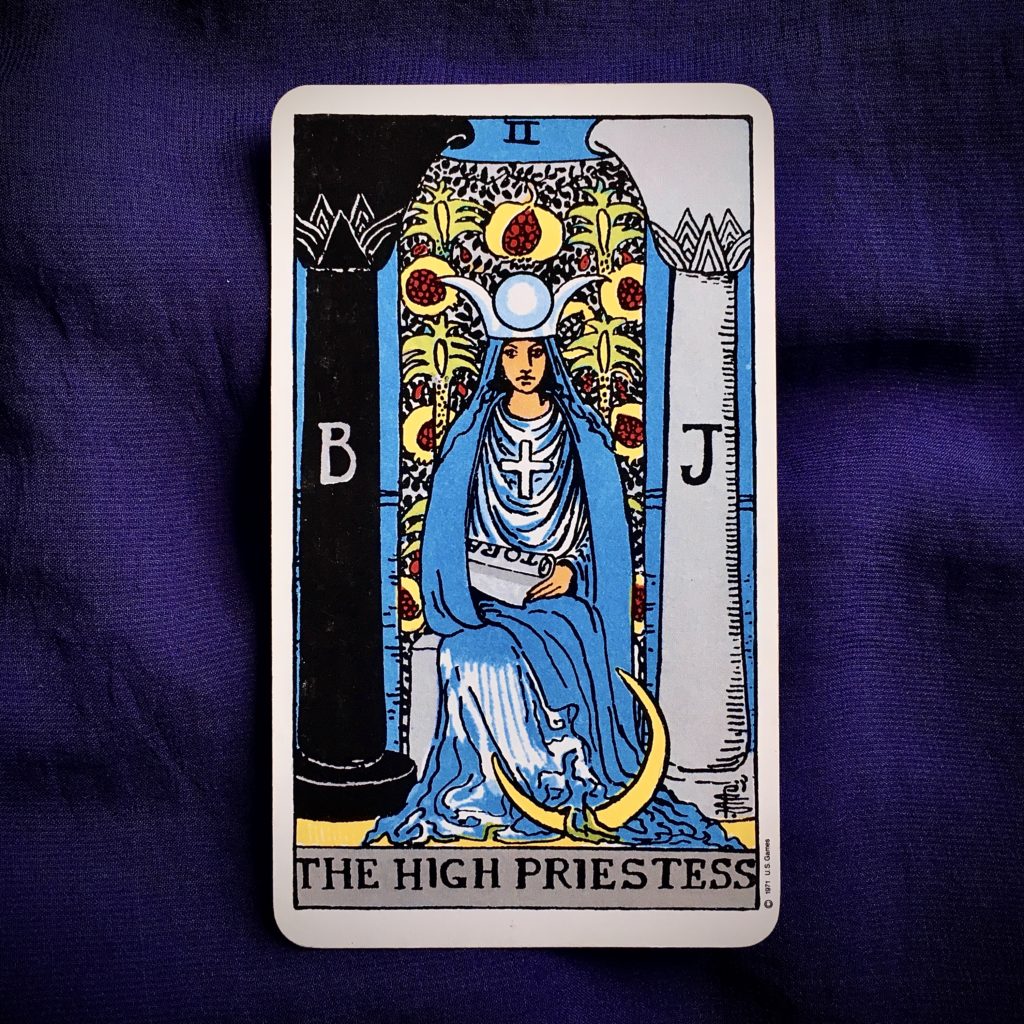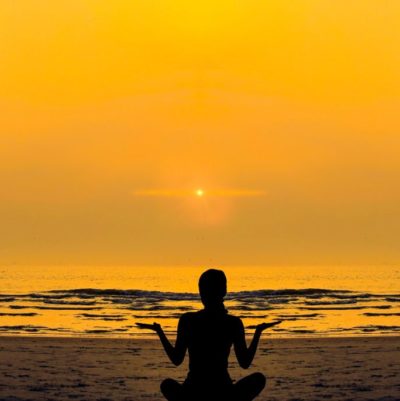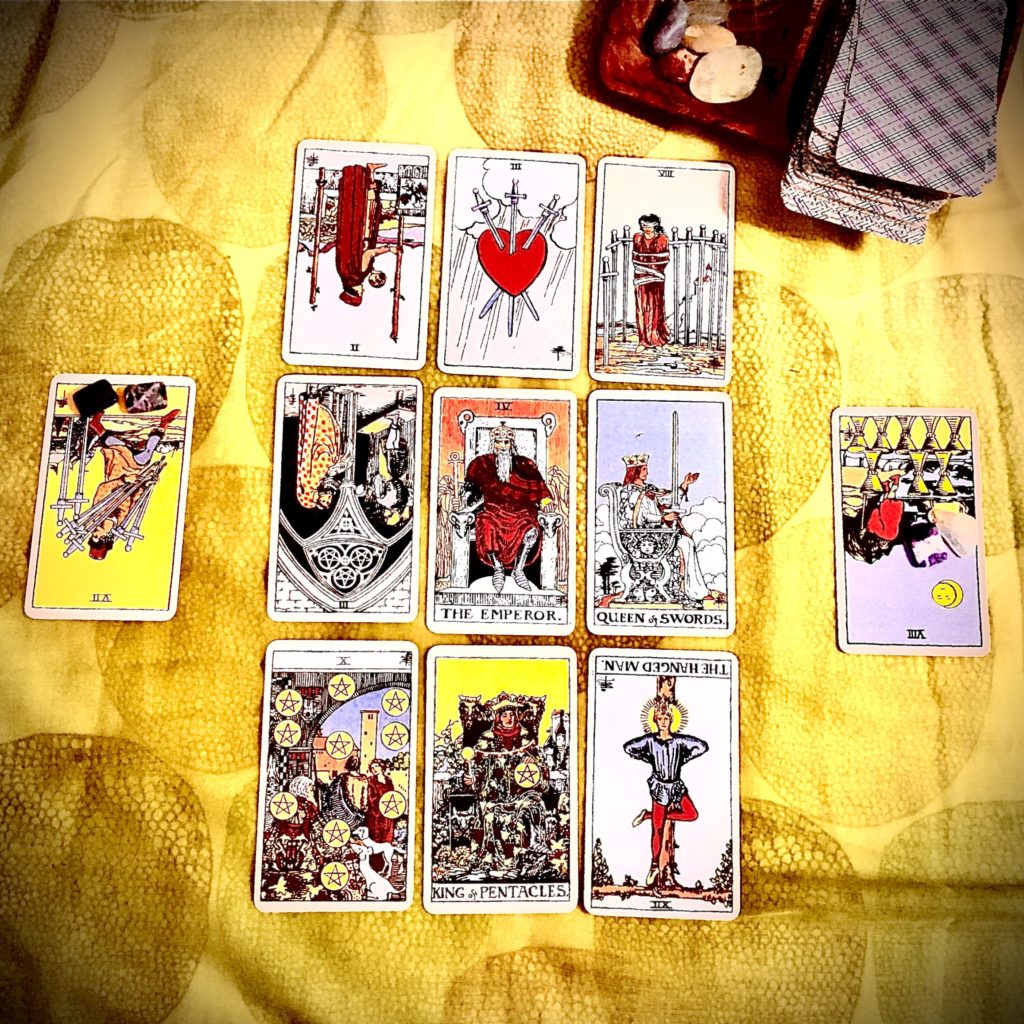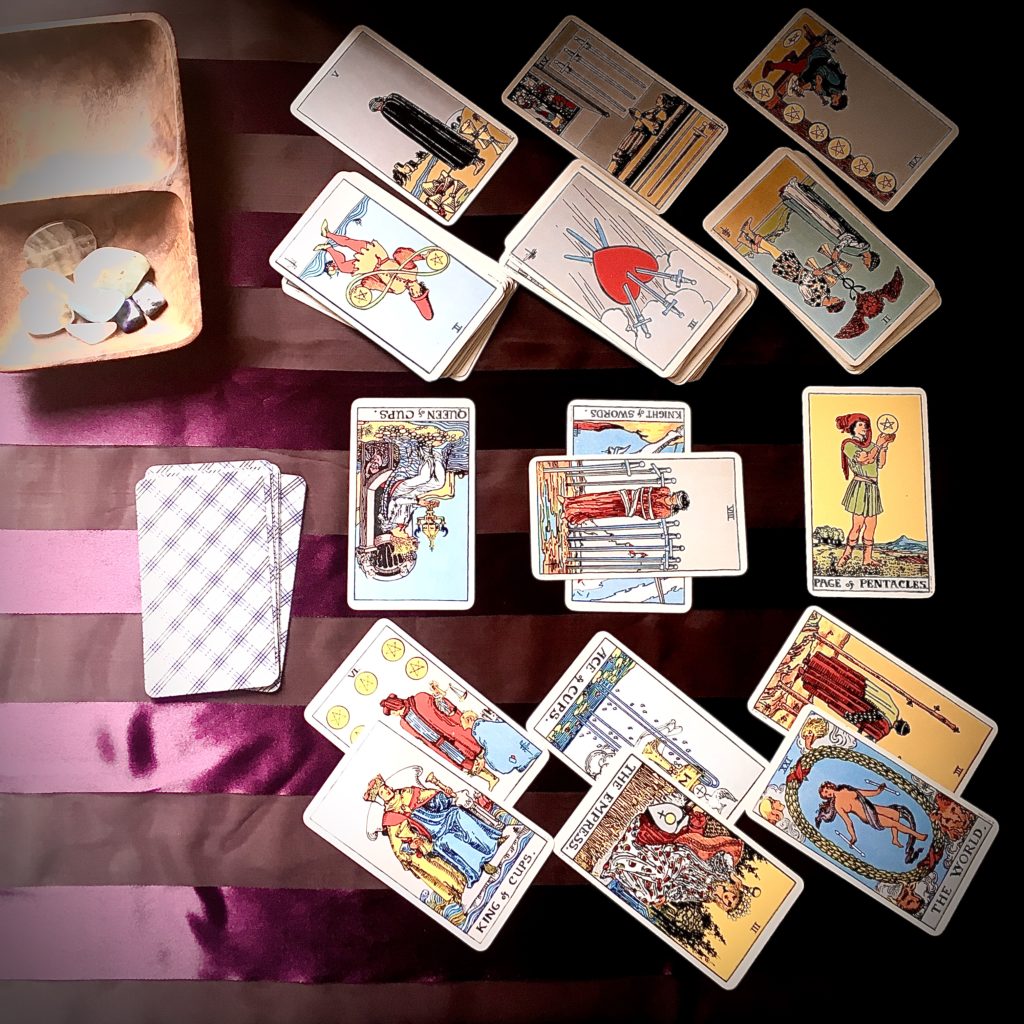
Let’s talk about skepticism.
I am a skeptical optimist. My approach to the spiritual and metaphysical has always been one of skeptical rationalizations and optimistic ambiguity – the Middle Way. I’m curious, engrossed even, by all sorts of things that require faith, but have always held myself back, stopping short of swallowing the hook. Some examples:
- I undertook a 300km Buddhist pilgrimage in Japan — not as a prayerful devotee but as a student/researcher.
- I hungrily welcome my daily and weekly astrological weather reports, and yet I can’t quite bring myself to truly believe in fate or destiny.
- Feng Shui feels great when it clicks, but isn’t it mostly applied aesthetics?
- I pursued Reiki for a while in my 20s, but could never manage to grasp the faith that it was anything more than a way of giving and receiving positive attention.
- I have even been known to carry specific (often beloved) crystals around in my pockets, but I don’t expect them to heal me – they are reminders of the work I need to do myself.

“Neither world view alone (in my opinion) is capable of fostering holistic self-growth, because they are both missing components of one another.”
Absolutely no disrespect to any of these disciplines – I recognize how discouraging it can be when skepticism denies that you know what you know. I am working hard on a better understanding of faith in the absence of proof, but I honestly just haven’t found my way there so far. Yet in all of these, as in dreamwork, shamanism, clairessence, and more, I must acknowledge that there is such a creative potential that lies in these esoteric systems of meaning-making, when approached from a briefly uncritical perspective. They can be empowering, encouraging, inspiring, and they can breathe excitement and perspective into our mundane lives. They can be great teachers for self-examination and healing and growth. Not unlike with traditional religious and faith-based practices, if we deliberately set aside strict empiricism for a little while, we make room to feel connected to something awe-some that invokes the absolute wonder and creative power of the universe and all existence within it. In some ways, one could argue that blanket denial of potential is just as blind as pure faith. But do we really have to abandon empiricism to make space for the universal unknown?

TEXT LEFT Humanity’s current moment is one that is highly polarized between the hyper-rational/hyper-real, and alternative realities/alternative truths. Neither of these poles are healthy – the metaphysical or paralogical can easily devolve (for some) into self-indulgent fantasy, can become isolating, even very dangerous when used as a tool against the vulnerable. On the other hand, the ‘real world’ often exiles the emotional or persecutes the intuitive, and for many, it’s missing the entire point of what it means to seek joy, fulfillment, and harmony with ourselves and our surroundings (not to mention ways that positivism tends to reinforce patriarchy and devalue alternative/indigenous forms of knowledge, but that is for another essay). Neither world view alone (in my opinion) is capable of fostering holistic self-growth, because they are both missing components of one another.
The Middle Way offers an answer.
For me, it turns out that having each foot in a different boat is a way of reconciling or mediating an unsolvable logic problem, like Gödel’s Theorem (i.e. if “This sentence is not provable” is true, then it is also false, therefore true). It also turns out that embracing duality is perfectly aligned with the most basic tenet of the original teachings of Siddhartha Gautama (founder of Buddhism), that there are Two Truths, a conventional truth, and an ultimate truth, neither of which alone fosters “right thinking.” It’s the Buddhist Middle Way that invites the traveler to see both sides of “reality” and balance between them, encouraging degrees of ambiguity, like an unsolvable Zen kōan, to create an instructive space both empty of knowable certainties and full of infinite creativity.
It is with this mindset of the Middle Way that I personally approach Tarot as an esoteric practice – in sum, as a paradox. In denying/embracing both the critical and the magical mindset, I find an opportunity for them to work together in my imagination and intuition.

Come as you are.
This approach does not speak to everyone, however – it’s a personal choice to practice this mental balancing act. While the above may sketch out how I internalize Tarot readings for myself, when working with a client I take a deliberately pragmatic approach to bring the client’s perspective to center stage. I do not in any way see myself as a clairvoyant, medium, or conduit for messages from the future or anywhere else. For consultations, I use the Tarot deck as a neurolinguistic tool in an interactive approach to the client’s own self-examination, wherever that leads them. My balancing instinct gets stronger every time I work with someone and work through their thought process with them.
Let’s not be afraid of paradox. It’s a great teacher!


